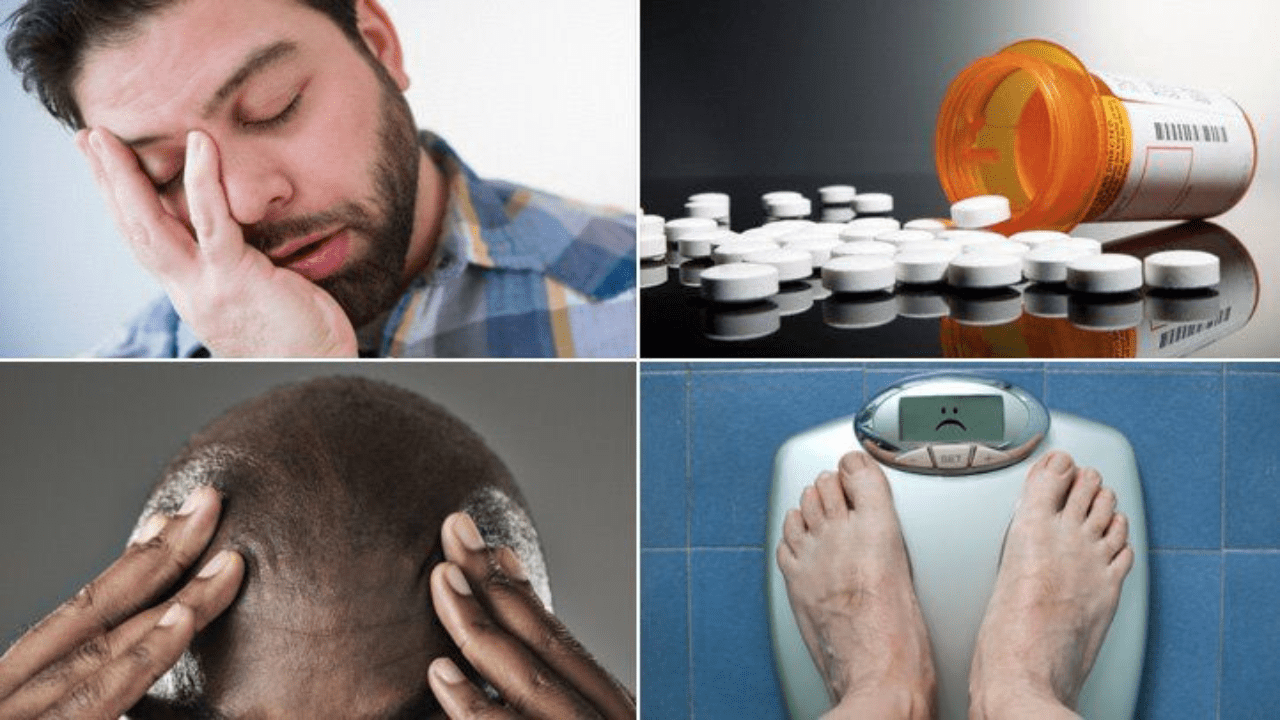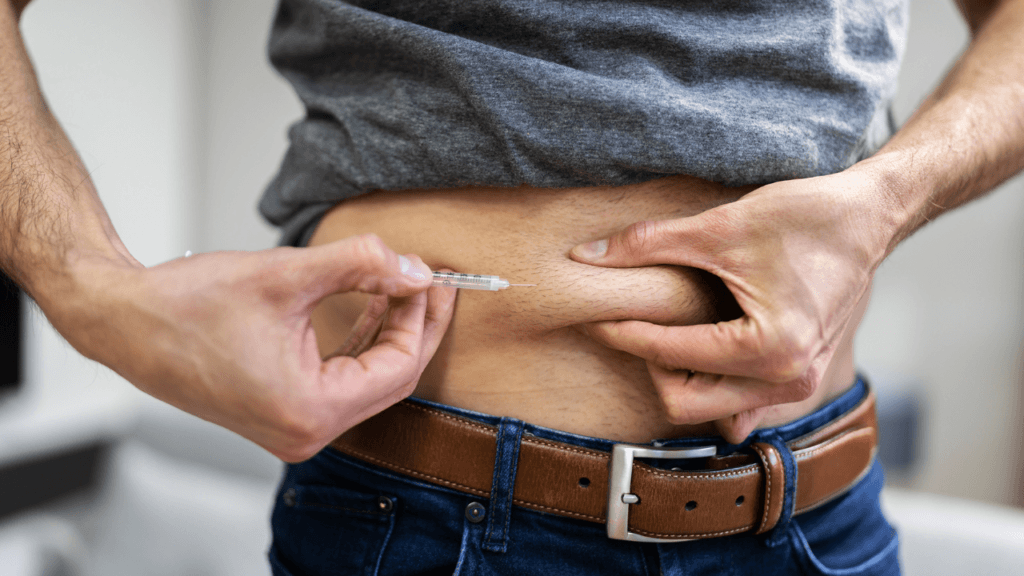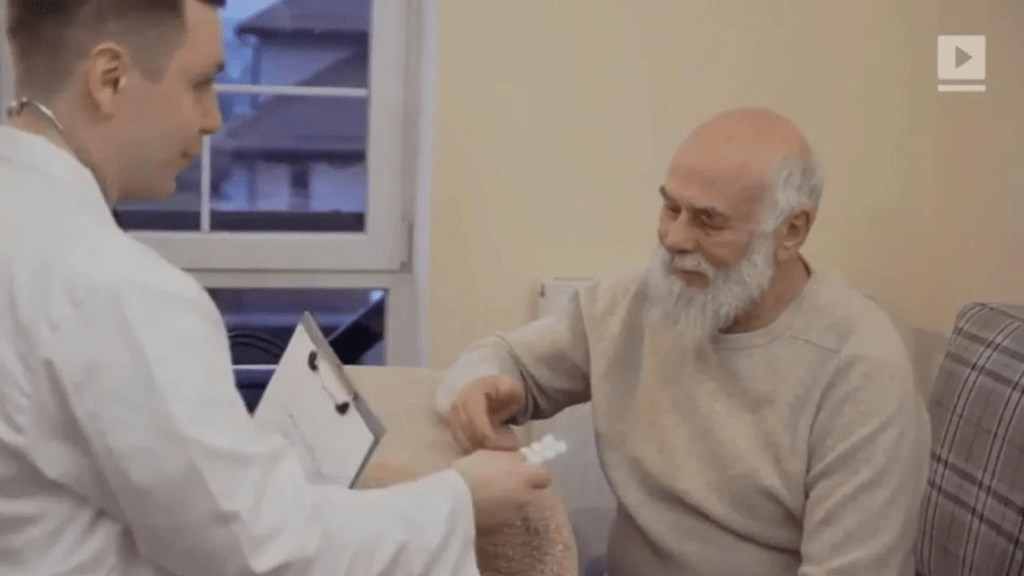
Testosterone is a sex hormone that is produced primarily in the testicles in men. It is also produced in smaller amounts in women, but its effects are much less pronounced. Testosterone plays a number of important roles in the body, including:
- Development and maintenance of male sex characteristics. Testosterone is responsible for the development of male sex characteristics such as muscle mass, facial hair, and a deep voice. It also plays a role in sperm production.
- Bone health. Testosterone helps to maintain bone density, which can help to prevent osteoporosis.
- Muscle strength and mass. Testosterone helps to build and maintain muscle mass.
- Fat distribution. Testosterone helps to distribute fat in a more masculine pattern, with more muscle and less fat around the hips and thighs.
- Sex drive. Testosterone is essential for sexual desire and function.
- Red blood cell production. Testosterone helps to stimulate the production of red blood cells, which carry oxygen throughout the body.
- Mood. Testosterone may play a role in mood, with low levels being associated with depression and fatigue.
It is important to note that testosterone levels naturally decline with age. This is a normal part of the aging process and does not necessarily indicate a problem. However, some men may experience symptoms of low testosterone, such as fatigue, decreased sex drive, and difficulty concentrating. If you are concerned about your testosterone levels, talk to your doctor.
Here are some things that people misunderstand about testosterone:

- Testosterone makes you aggressive. While testosterone can increase aggression in some men, it is not the only factor that contributes to aggression. Other factors, such as personality and environmental factors, also play a role.
- Testosterone makes you muscular. Testosterone does play a role in muscle growth, but it is not the only factor. Exercise and diet are also important for building muscle.
- Testosterone makes you smart. There is no evidence that testosterone improves cognitive function. In fact, some studies have shown that low testosterone levels may actually be associated with better cognitive function.
- Testosterone is a performance-enhancing drug. Testosterone is a banned substance in many sports. It can give athletes an unfair advantage by increasing muscle mass, strength, and endurance.
If you are considering taking testosterone supplements, talk to your doctor first. Testosterone therapy can be effective for treating low testosterone, but it is important to be aware of the risks and benefits before starting treatment.
How to Understand Testosterone: What Does It Do?
Testosterone is a steroid hormone that is produced in the testes of men and the ovaries of women. It is responsible for the development of male characteristics such as facial hair and a deep voice. Testosterone levels are highest in the teenage years and early adulthood. They then start to decline from the age of 30 onwards. Low levels of testosterone can lead to a variety of symptoms including low libido, erectile dysfunction, fatigue, depression and reduced muscle mass. Testosterone replacement therapy can be used to treat these symptoms.
Testosterone is a male sex hormone that is responsible for the development of male sexual characteristics.
Testosterone is a male sex hormone that plays a vital role in the development of male sexual characteristics. Testosterone is responsible for the growth of the testes and prostate, and is also involved in the production of sperm. testosterone levels also influence a man’s sex drive, and can impact erectile function. Low testosterone levels can cause a range of issues, including fatigue, low sex drive, and reduced muscle mass.
Testosterone levels vary throughout the day and are highest in the morning.
Testosterone is a hormone that is produced by the body. It is responsible for the development of male sexual characteristics, such as the deepening of the voice and the growth of facial and body hair. Testosterone also plays a role in other aspects of male health, including bone and muscle mass, red blood cell production, and sex drive. Testosterone levels vary throughout the day and are highest in the morning. The reason for this is not fully understood, but it is thought that it may be due to the body’s circadian rhythm. This means that testosterone levels are highest when the body is most active and lowest when the body is at rest. However, there are other factors that can affect testosterone levels, such as age, weight, and health conditions. There are a number of ways to measure testosterone levels. The most common is a blood test, but saliva and urine tests can also be used. Testosterone levels can be affected by a number of factors, such as stress, lack of sleep, and illness. If you are concerned about your testosterone levels, you should speak to your doctor.
Testosterone levels decline with age.
In your twenties, your testosterone levels are at their peak. But after the age of 30, your levels start to decline. By the time you’re 40, you may have a 20 to 30 percent decrease in testosterone levels. Testosterone plays a key role in libido (sex drive) in men. A man with low testosterone may have a lower sex drive. He may also experience erectile dysfunction. Testosterone replacement therapy can help some men with low testosterone levels. But it’s unclear whether testosterone supplements can help aging men with declining levels due to normal aging. Some research suggests that testosterone levels may be linked with aggressive behavior. But there’s no conclusive evidence that testosterone causes aggressive behavior. Other potential side effects of testosterone therapy include: acne breast enlargement worsening sleep apnea increased risk of heart disease increased risk of blood clots In rare cases, testosterone therapy can lead to serious side effects, such as: stroke heart attack enlargement of the prostate gland If you’re considering testosterone therapy, talk to your doctor about the possible risks and benefits.
Testosterone plays a role in muscle development and strength.
Testosterone is a hormone that is secreted by the testes in males and by the ovaries in females. It is responsible for the development of male characteristics, such as deepening of the voice, growth of facial and pubic hair, and the development of muscle mass and strength. In both sexes, testosterone plays a role in sex drive, energy levels, and bone density. Testosterone levels peak in early adulthood and then gradually decline with age. Low testosterone levels can result in a decrease in muscle mass and strength, fatigue, depressed mood, and reduced sex drive. Testosterone replacement therapy can help to treat low testosterone levels and improve muscle mass and strength, energy levels, mood, and sex drive.
Testosterone promotes bone growth and assists in the production of red blood cells.
Testosterone is the main male sex hormone and it plays an important role in many body functions. It is responsible for the development of male sexual characteristics, such as a deep voice and facial hair. It also helps to regulate sex drive, fat distribution, and muscle mass. Testosterone production declines with age, which can lead to some of the symptoms of aging, such as decreased muscle mass and sex drive. Testosterone also promotes bone growth and helps to produce red blood cells. It is essential for proper development and maintenance of bones and muscles. It also helps to regulate blood sugar levels and maintain a healthy immune system. Testosterone levels can be affected by a variety of factors, including lifestyle choices, medical conditions, and medications.
Testosterone levels can be affected by lifestyle choices such as diet and exercise.

It’s no secret that testosterone levels can drop as men age. After peaking around age 30, testosterone levels can decline by as much as one percent each year. And while there are treatments available to help men boost their testosterone levels back to where they once were, these treatments come with a host of side effects and risks. So, what can men do to keep their testosterone levels from decline? There are a few lifestyle choices that can help. First, diet is important. Eating a diet that is high in unhealthy fats can decrease testosterone levels. Instead, men should focus on eating a diet that is high in healthy fats, such as avocados, nuts, and olive oil. They should also make sure to get plenty of protein, as well as fruits and vegetables. Second, exercise is important. Exercise not only helps to maintain testosterone levels, but it can also help to increase them. Men should aim for at least 30 minutes of exercise each day. This could be something as simple as going for a walk or a run. Finally, men should try to avoid stress. Stress can lead to a number of health problems, including an increase in the hormone cortisol, which can decrease testosterone levels. If men are feeling stressed, there are a number of things they can do to try and reduce it, such as meditation, yoga, and spending time with friends and family. Making these lifestyle choices can help men to keep their testosterone levels from decline. However, it’s important to keep in mind that these choices will not work for everyone. If you are concerned about your testosterone levels, it’s best to speak with your doctor.
Testosterone levels can also be affected by medical conditions and medications.
Testosterone levels in the body can be affected by a variety of medical conditions and medications. Low testosterone levels can be caused by conditions such as hypogonadism, Klinefelter syndrome, and pituitary disorders. Medications that can lower testosterone levels include anabolic steroids, glucocorticoids, and some antipsychotics and HIV medications. Testosterone levels can also be affected by aging. As men age, their bodies produce less testosterone. This can lead to a number of age-related problems such as decreased muscle mass and strength, osteoporosis, and increased body fat. If you think you may have a problem with your testosterone levels, it’s important to see a doctor. They can order tests to determine if your levels are low and develop a treatment plan to help increase them.
After reading this article, you should have a better understanding of testosterone and what it does. You should also have a better understanding of how to maintain healthy testosterone levels and how to know if you have low testosterone levels.







